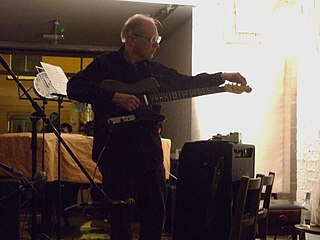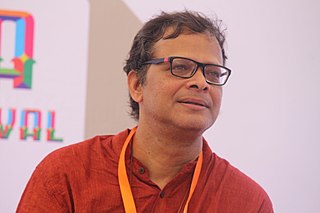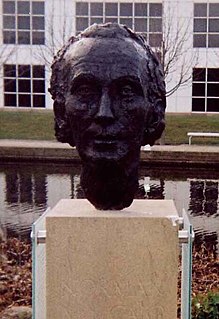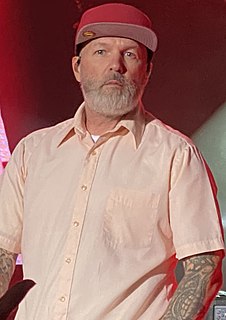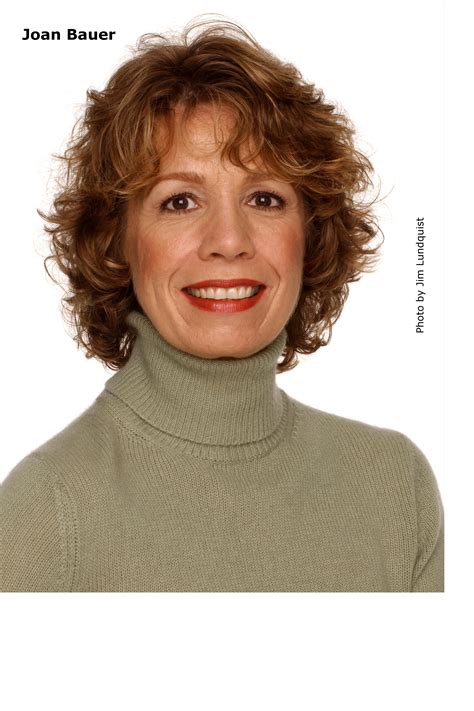A Quote by David Sedaris
Kools and Newports were for black people and lower-class whites. Camels were for procrastinators, those who wrote bad poetry, and those who put off writing bad poetry. Merits were for sex addicts, Salems were for alcoholics, and Mores were for people who considered themselves to be outrageous but really weren't.
Quote Topics
Related Quotes
I didn't go to bookshops to buy. That's a little bourgeois. I went because they were civilized places. It made me happy there were people who sat down and wrote and wrote and wrote and there were other people who devoted their lives to making those words into books. It was lovely. Like standing in the middle of civilization.
All those people who went out [to Occupy Wall Street] missed work, didn't get paid. Those were individuals who were already feeling the effects of inequality, so they didn't have a lot to lose. And then the individuals who were louder, more disruptive and, in many ways, more effective at drawing attention to their concerns were immediately castigated by authorities. They were cordoned off, pepper-sprayed, thrown in jail.
There is not a hint of one person who was afraid to draw near him [Jesus]. There were those who mocked him. There were those who were envious of him. There were those who misunderstood him. There were those who revered him. But there was not one person who considered him too holy, too divine, or too celestial to touch. There was not one person who was reluctant to approach him for fear of being rejected.
The advertising men made it clear that there were two ways of looking at ideas in a war against fascism. Those of us who were working on the project believed ideas were to be fought for; the advertising men believed they were to be sold. The audience, those at home in wartime, were not 'citizens' or 'people.' They were 'customers.'





